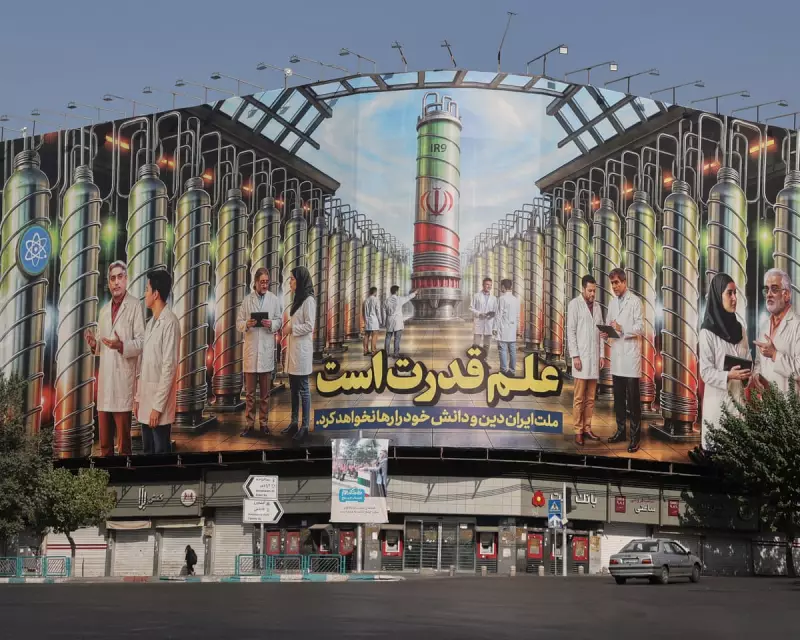
The spectre of devastating United Nations sanctions is once again haunting Iran, with citizens and officials alike bracing for an economic impact described as 'far more dangerous than war'.
This looming threat stems from the imminent expiration of key restrictions under the 2015 nuclear deal, formally known as the Joint Comprehensive Plan of Action (JCPOA). The UN Security Council is now under pressure from Western powers to trigger a 'snapback' of multilateral sanctions, a move that would strangle Iran's already beleaguered economy.
A Nation on the Economic Precipice
For ordinary Iranians, the potential return of widespread sanctions evokes dread. Many remember the severe hardships of the previous sanctions regime: rampant inflation, medicine shortages, and a currency in freefall. Conversations in Tehran are dominated by anxieties over soaring prices for basic goods and the rapidly depreciating rial.
'We are facing a catastrophe,' one Tehran-based economist warned, speaking on condition of anonymity. 'The psychological impact alone has already triggered a wave of panic buying and a collapse in investment.'
The Diplomatic Battle in New York
At the heart of the crisis is a fierce diplomatic clash at the UN. The United States and its European allies are pushing for the reimposition of sanctions to curb Iran's nuclear ambitions. However, they face significant opposition from Russia and China, who have vested interests in maintaining trade ties with Tehran.
This geopolitical stalemate sets the stage for one of the most significant confrontations at the Security Council in recent years. The outcome will have profound implications not only for Iran's population but for the stability of the entire Middle East region.
Beyond the Nuclear Issue
Analysts suggest the sanctions threat is about more than just the nuclear programme. It is a tool to exert maximum pressure on the Iranian regime across a range of issues, including its ballistic missile development and regional activities.
Yet, it is the Iranian people who will bear the brunt of this high-stakes diplomatic game. With the country's vital oil exports potentially slashed once more, the prospect of increased unemployment and deeper poverty is a terrifying reality for millions.
As the deadline approaches, a palpable sense of uncertainty grips the nation, waiting to see if the world will once again turn its back, plunging them into another period of profound isolation and economic pain.





